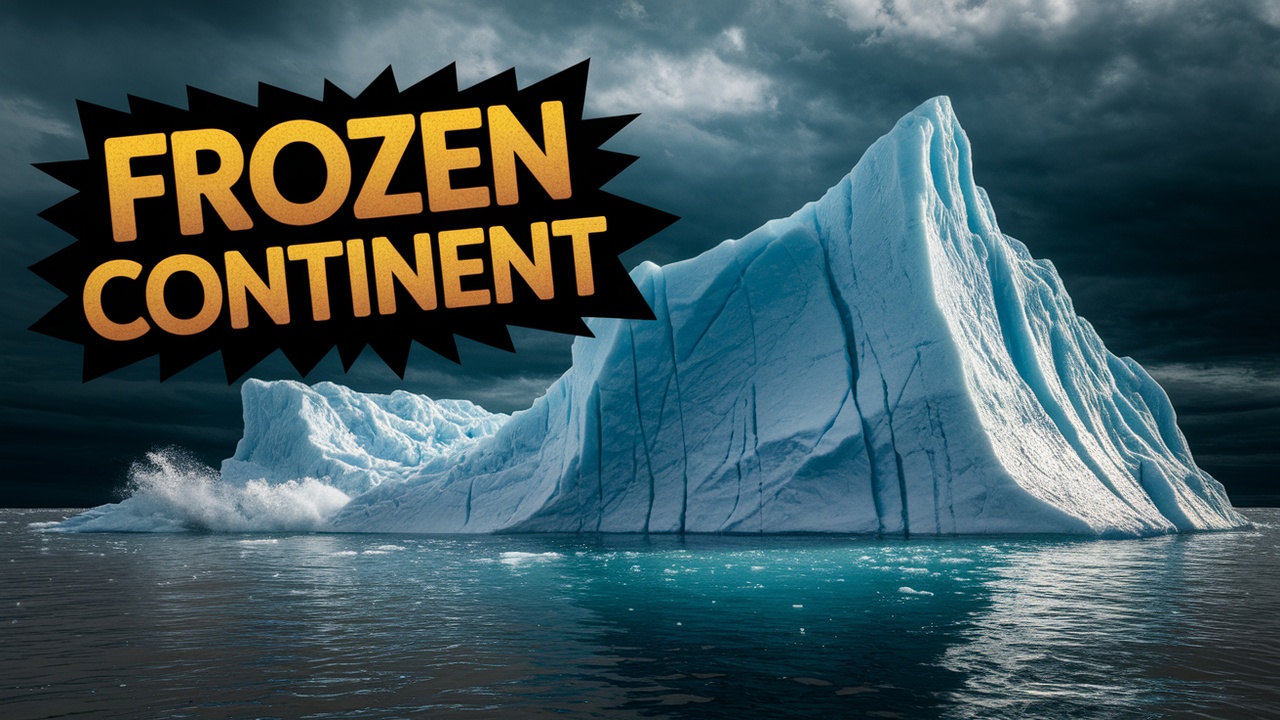
This comprehensive course explores the rich and complex history of Antarctica, from its geological formation to modern-day environmental challenges. Students will learn about early explorations, scientific discoveries, and international treaties that govern the continent, gaining a deep understanding of its significance in global history and ecology.
Course Levels
-
Level 1: Introduction to Antarctica
This level provides a foundational understanding of Antarctica, including its geography, climate, and ecosystems.
-
Level 2: Early Explorations
This level covers the early explorations of Antarctica, highlighting key explorers and their contributions.
-
Level 3: Scientific Discoveries
Focusing on the scientific advancements made in Antarctica, this level examines research and its implications.
-
Level 4: The Antarctic Treaty System
This level delves into the legal and political framework governing Antarctica and its resources.
-
Level 5: Contemporary Issues and Future Perspectives
This level addresses modern challenges facing Antarctica, including environmental concerns and geopolitical interests.
Course Topics
-
International Research Collaborations
# International Research Collaborations International research collaborations are vital to the scientific exploration of Antarctica, as they leverage diverse expertise, share resources, and enhance d...
-
Geographical Overview of Antarctica
# Geographical Overview of Antarctica Antarctica is the southernmost continent on Earth, encompassing the geographic South Pole. It is renowned for its vast icy landscapes and unique ecosystems. Here...
-
Challenges Faced by Early Expeditions
# Challenges Faced by Early Expeditions The early expeditions to Antarctica were fraught with numerous challenges that tested the limits of human endurance, ingenuity, and adaptability. These expedit...
-
History and Formation of the Antarctic Treaty
# History and Formation of the Antarctic Treaty The Antarctic Treaty, signed in 1959 and coming into effect in 1961, is a pivotal agreement in the realm of international relations and environmental g...
-
Mapping and Naming Antarctica
# Mapping and Naming Antarctica Antarctica, the southernmost continent, has a rich history of exploration and mapping that dates back to the early 19th century. Understanding how this vast and icy la...
-
Glaciology and Ice Core Research
# Glaciology and Ice Core Research ## Introduction to Glaciology Glaciology is the scientific study of glaciers and ice sheets, focusing on their formation, movement, and effects on the environment. ...
-
Astrobiology and Extraterrestrial Studies
# Astrobiology and Extraterrestrial Studies Astrobiology is the scientific study of life in the universe, focusing on the origins, evolution, distribution, and future of life on Earth and beyond. Thi...
-
Climate Change Research and Findings
# Climate Change Research and Findings Climate change represents one of the most significant challenges facing humanity today, and Antarctica plays a crucial role in understanding its dynamics. Resea...
-
Resource Exploitation: Fishing and Mining
# Resource Exploitation: Fishing and Mining ## Introduction Resource exploitation in Antarctica, particularly through fishing and mining, presents significant contemporary issues. As the last unspoil...
-
Ecological Zones and Unique Wildlife
# Ecological Zones and Unique Wildlife Antarctica, often regarded as a barren and inhospitable land, hosts a variety of ecological zones that support unique wildlife adapted to its extreme conditions...
-
Future of International Cooperation in Antarctica
# Future of International Cooperation in Antarctica ## Introduction The governance of Antarctica has long been characterized by international cooperation, primarily through the Antarctic Treaty Syste...
-
Impact of Global Warming on Antarctic Ecosystems
# Impact of Global Warming on Antarctic Ecosystems Global warming is one of the most pressing issues of our time, and its effects are felt globally, but few regions illustrate these changes as starkl...
-
Cultural Impact of Antarctic Exploration
# Cultural Impact of Antarctic Exploration ## Introduction Antarctic exploration has significantly influenced global culture, shaping perceptions about science, adventure, and the environment. From t...
-
Key Provisions of the Treaty
# Key Provisions of the Treaty The Antarctic Treaty, signed in 1959 and entering into force in 1961, is a landmark agreement that has established a framework for international cooperation and governa...
-
Historical Context: Early Mapping and Discovery
# Historical Context: Early Mapping and Discovery ## Introduction The history of mapping and exploration of Antarctica is a fascinating journey that reflects humanity's quest for knowledge and unders...
-
Future Challenges and Policy Considerations
# Future Challenges and Policy Considerations As we delve into the future challenges and policy considerations surrounding the Antarctic Treaty System, it’s essential to recognize the delicate balanc...
-
Significance of Antarctica in Global Climate
# Significance of Antarctica in Global Climate Antarctica, often referred to as the Earth's last frontier, plays a crucial role in regulating global climate systems. This vast and icy continent is no...
-
Biological Studies of Antarctic Marine Life
# Biological Studies of Antarctic Marine Life Antarctica is not just a barren icy landscape; it is home to a rich diversity of marine life that has adapted to extreme conditions. This topic explores ...
-
Tourism Growth and Its Environmental Impact
# Tourism Growth and Its Environmental Impact ## Introduction Tourism has been a vital part of Antarctica's modern history, providing insights into the continent's unique ecosystems and fostering int...
-
The Heroic Age of Antarctic Exploration
# The Heroic Age of Antarctic Exploration The Heroic Age of Antarctic Exploration refers to a period from the late 19th century to the early 20th century (approximately 1897 to 1922) when numerous ex...
- And 5 more topics...